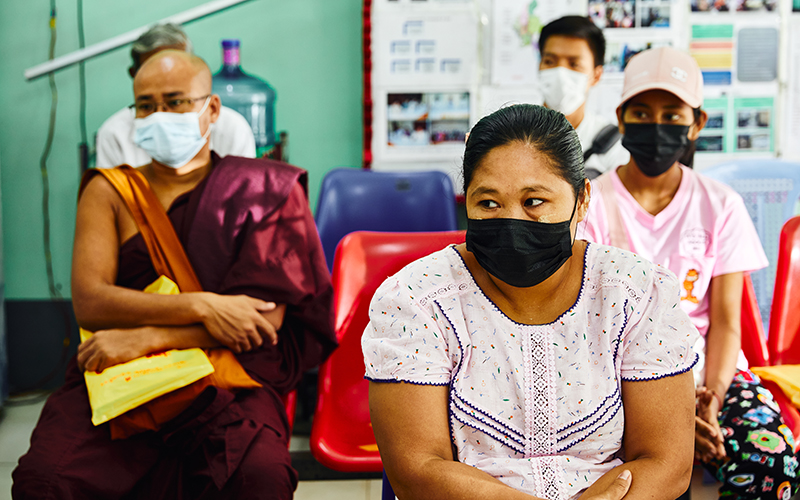
Burnet Institute supports the call from the Australian Institute for Infectious Disease (AIID) for improved international rules for surveillance, early detection and responses to new and emerging diseases in order to avoid a repeat of the inequitable and disjointed outcomes seen during the emergency phase of the COVID-19 pandemic.
The AIID has provided an expert submission as part of a comprehensive consultation process led by the Federal Government to guide its contribution to reforming the International Health Regulations (IHR) and the formulation of a new international pandemic accord.
The AIID, of which Burnet is a foundation partner, believes reform is critical to improve global pandemic prevention, preparedness and response. Ambitious and meaningful change is urgently needed before the next pandemic strikes.
Burnet Institute Director and CEO Professor Brendan Crabb said the submission is a clarion call for a brighter and more secure future in the face of global health threats.
“It underscores the urgency of working collaboratively at the international level to build a more resilient world against the threat of pandemics,” Professor Crabb said.
“Important as it is to act locally, it will never be enough. Binding international cooperation and commitments are essential. Cooperation, fairness and financing are central themes of our submission.”
The submission supports Australia's active participation in the ongoing negotiations coordinated by the World Health Organization (WHO) and encourages Australia to continue its leadership role supporting countries in preventing and responding to health emergencies, particularly within the Asia-Pacific region.
Click here to find out more about the AIID submission, which is published in full here.
About AIID: The Australian Institute for Infectious Disease (AIID) is a partnership between the University of Melbourne, Doherty Institute, Burnet Institute with funding from the Victorian State Government to advance Australia and the region’s capacity for effective infectious disease and pandemic prevention, response and management.
